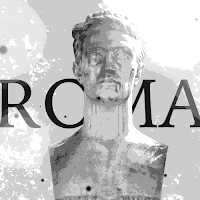Censorship is the suppression of speech or other public communication which may be considered objectionable, harmful, sensitive, politically incorrect or inconvenient as determined by a government, media outlet or other controlling body. It can be done by governments and private organizations or by individuals who engage in self-censorship. It occurs in a variety of different contexts including speech, books, music, films, and other arts, the press, radio, television, and the
Internet for a variety of reasons including national security, to control obscenity, child pornography, and hate speech, to protect children, to promote or restrict political or religious views, and to prevent slander and libel. It may or may not be legal. Many countries provide strong protections against censorship by law, but none of these protections are absolute and it is frequently necessary to balance conflicting rights in order to determine what can and cannot be censored.

















































